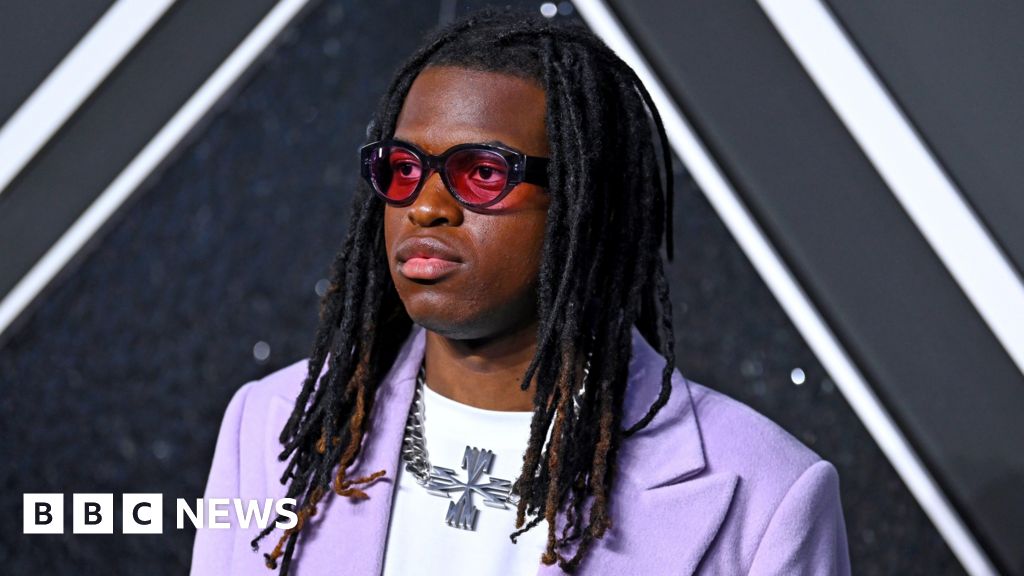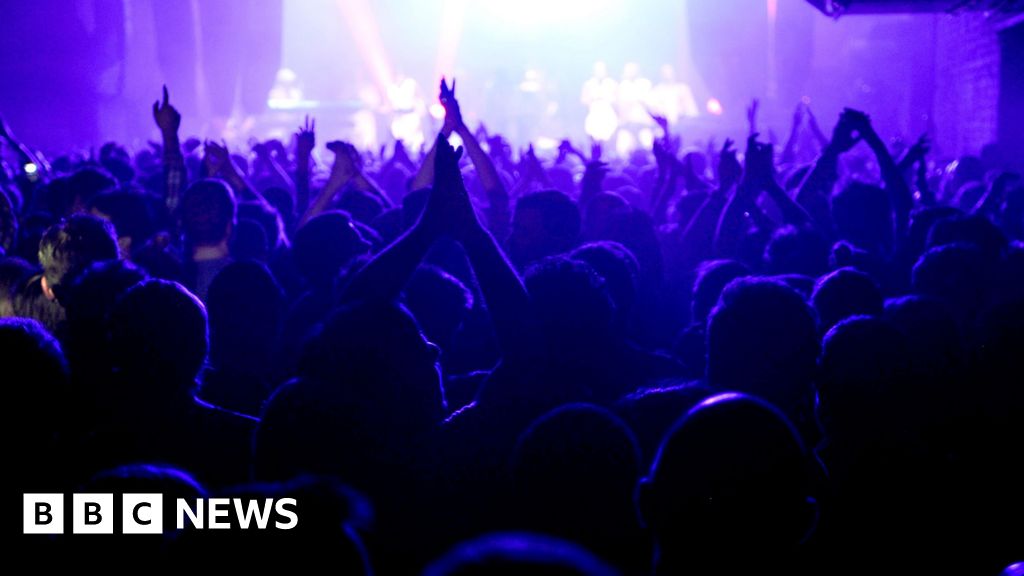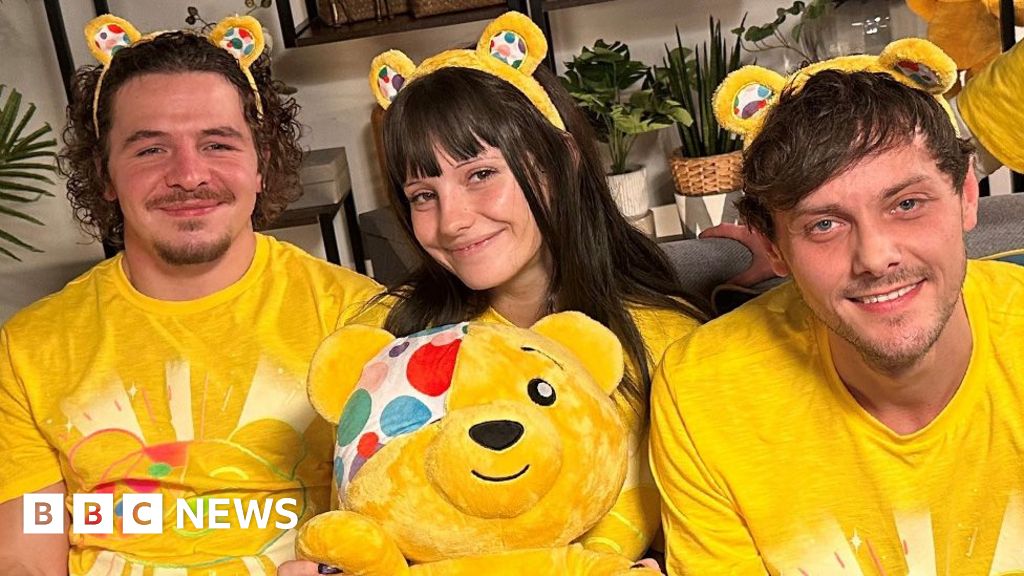ARTICLE AD BOX
Watch: Gary Lineker on "sport washing" and World Cup 2018 in Russia
By Emma Saunders
Entertainment reporter
Football presenter Gary Lineker has said he and the BBC should have spoken out more about human rights issues during the World Cup in Russia in 2018.
Lineker, who is fronting BBC coverage of this year's World Cup in Qatar, said: "I think we were sportswashed four years ago when we were in Russia."
He added: "I do look back four years and feel slightly uncomfortable."
There were calls for Russia to be stripped of the 2018 tournament after it annexed Crimea in 2014.
Lineker told BBC Radio 4's The Media Show that "we didn't talk perhaps enough about the other issues" as well as the football in Russia.
This time around, the BBC panel of pundits did discuss human rights issues in Qatar ahead of Sunday's opening game.
Lineker said "it was deemed the right thing to do" to not just talk about the sport.
"I think we learned from what we probably felt was a mistake [with Russia]. I think looking back now in hindsight, we should probably have spoken out more."
BBC Sport said it would not be commenting.
Sportswashing is when a country or organisation seeks to improve its reputation by hosting or sponsoring a big sports event.
Lineker delivered a monologue at the start of the BBC's coverage in Qatar this weekend, describing the event as "the most controversial World Cup in history".
He told Media Show presenter Ros Atkins that the monologue and subsequent discussions with fellow presenters such as former England women's player Alex Scott "was a decision by everyone in BBC Sport and these things are all thought through a lot, it wasn't just me".
BBC pundit Alex Scott wore the OneLove armband before England's World Cup opener against Iran
He added: "Every country has different things and different developments, and there are different cultures and things are viewed in different ways. But the difference with this one was the corruption side of it. That was the difference for me, and that's why I felt it was important to stress it."
Allegations of corruption, vote-swapping and links to trade deals at the highest levels of government have surrounded Qatar's winning bid to host the tournament.
However, the allegations have always been denied by organisers and remain unproven, and Qatar was cleared by Fifa several years ago.
There is also controversy about human rights issues, including the fact that same-sex relationships and the promotion of same-sex relationships are criminalised in Qatar. Women's rights are also restricted.
And there have been grave concerns about the treatment of migrant workers, with deaths on stadium building sites, although the numbers are disputed.
Meanwhile, the BBC has also been criticised in some quarters for not showing the World Cup's opening ceremony on Sunday.
But Lineker explained that this was the norm for any World Cup.
"The BBC always shows the opening ceremony of the Olympic Games, they never ever show the opening ceremony of football tournaments on BBC One. It's never been a thing, and so I think that's where people have got misled on this. They're not a big thing. It's like a 15-20 minute little thing that they do in the background."
A BBC spokesperson also confirmed this was the case.
The former England striker also said he would not have taken Qatari money to do football punditry there.
When asked about Gary Neville's decision to work for Qatari broadcaster beIN Sports, Lineker said: "That's his personal decision. It's very easy to be judgmental... we're all so judgmental these days. I wouldn't have done it, no, and I haven't done it.
"But, you know, it's his life and he has to live it how he wants to live it and make the decisions that he wants to do."
Neville has previously defended his work in Qatar, telling BBC Radio 5 Live's Nihal Arthanayake: "I'm going over to the World Cup, I'm going to work on the tournament, I'm going to continue to highlight things I believe are wrong."
Ros Atkins' full interview with Gary Lineker can be heard on The Media Show on Radio 4 at 16:30 GMT on Wednesday, and on BBC Sounds.

 1 year ago
23
1 year ago
23








 English (US)
English (US)